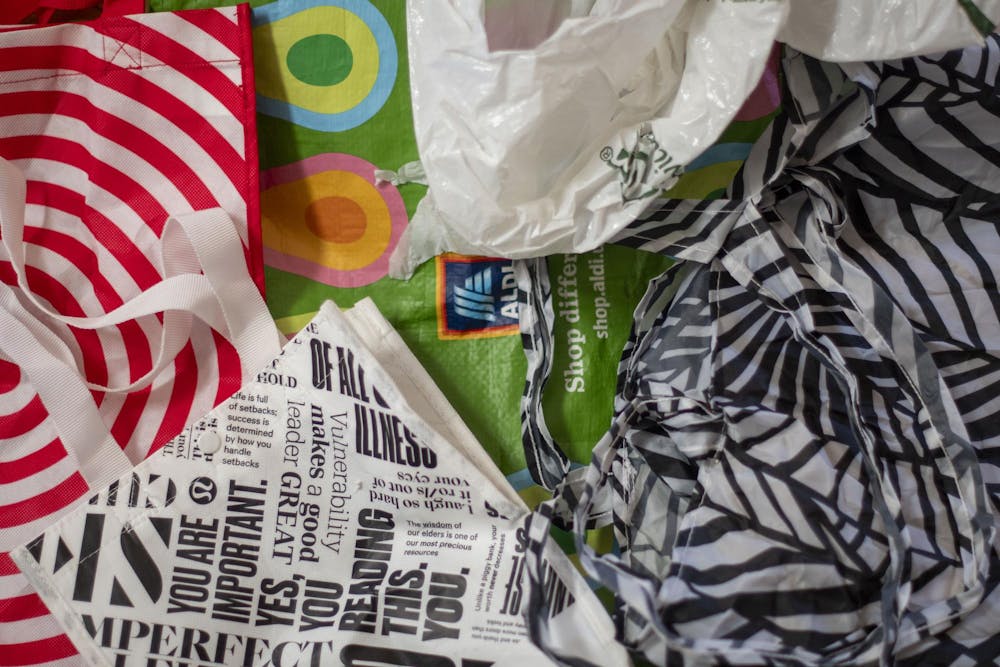The new-found responsibility of grocery shopping can be a daunting task for students living away from home and off-campus. Don't let the fear of the grocery store prevent you from having a balanced diet. Shopping efficiently is possible!
Be Prepared
Decide where you are shopping before you leave the house to avoid visiting multiple stores. Some grocery stores have a better selection than others, depending on what your diet looks like, such as if you need alternatives for a gluten allergy or vegetarian options.
Consider what you’d like to cook when you are home. You don’t have to meal prep but consider planning two to three meals you’d like to try in the next week. If you are cooking for one, buying and cooking quantities for family-sized meals can save you the hassle of cooking, and cleaning the kitchen every day.
Now make a list! Pick meals for each week and decide which ingredients you will need. This can save you from impulsively buying things. Organize the list by where they may be in the store to avoid having to run all over.
Perishables
A big pitfall when shopping and cooking for one is food waste, since you may not know what quantities work well for just you. It is important to consider single-serve options. If you are shopping for perishable groceries: dairy, meat, bread, produce, etc., try and buy only what you think you’ll eat before it expires.
Most grocery stores offer produce selection by weight. If you only need three potatoes for the week, pick up just three instead of a large, pre-packaged bag. The same can be said for a lot of produce such as bananas or avocadoes (those go bad fast). There are also half options for goods like milk, loaves or eggs.
Meat will not only perish quickly but is typically one of the more expensive items to pick up at the grocery store. If not frozen, pay attention to the weight of each package. Make sure it is an amount you can go through in two-to-three days or freeze before it goes bad.
Doing what you can to avoid food waste will save you money and the environment!
Versatility
To avoid overbuying, consider items which are versatile for many kinds of meals you may eat throughout the week.
Rice and pasta are great starch options that have a lot of versatility for dishes such as Butter chicken, burritos or stuffed peppers. They also tend to be affordable, have long shelf lives and come in large portions. They are super easy to make, the only other ingredient they require is water, so no extra purchases are necessary.
You got this!
One last thing: before you step out the door; Make sure you have your wallet, keys, reusable bags and eat a snack! Never go to the grocery store hungry – you’re more likely to make impulse purchases based on cravings rather than what groceries you actually need.
This article is part of the Spring 2024 Housing & Living Guide, an IDS special publication.




